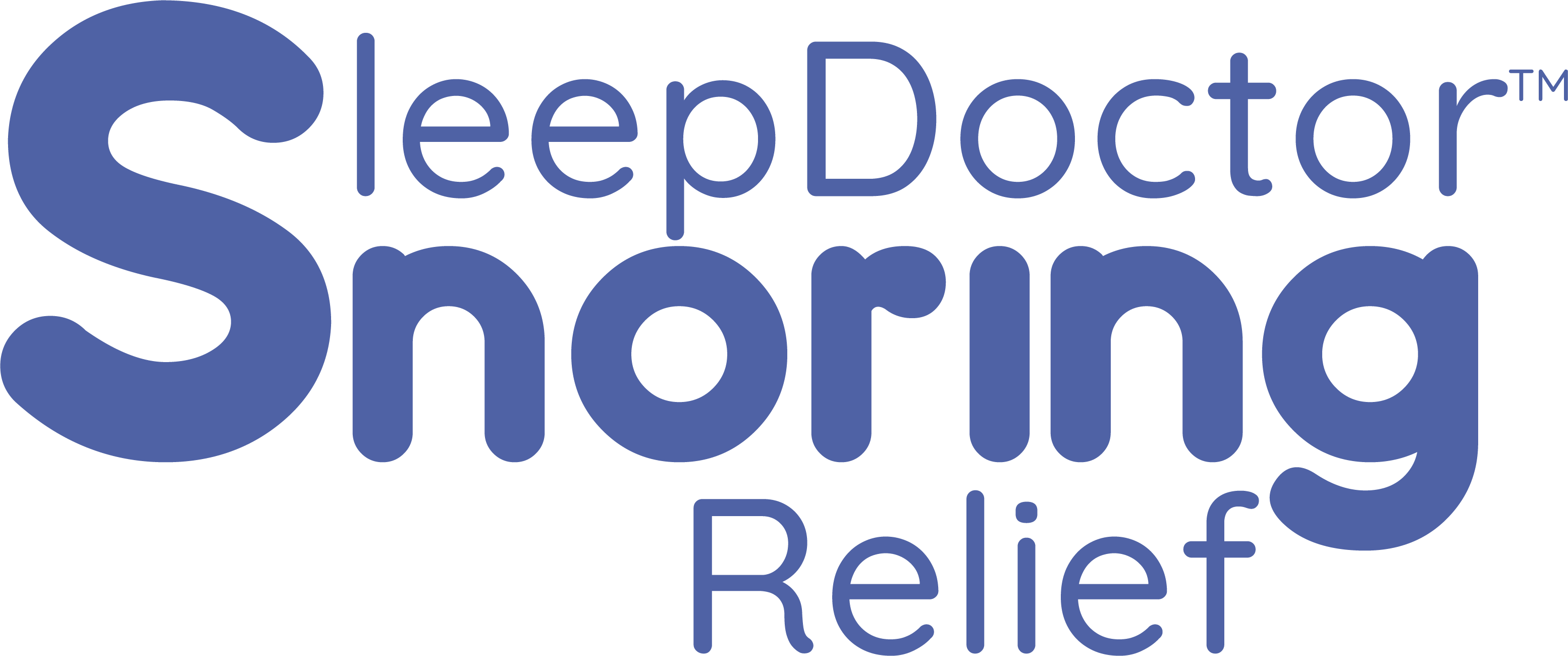SleepDoctor is the Australian flagship brand of Passion For Life Healthcare.
Passion for Life Health Care, a renowned UK brand, has spearheaded the development of a range of innovative products aimed at addressing snoring and sleep apnoea. In 1998, we introduced the Throat Spray, marking the inception of our journey. Over the past two decades, we emerged as the leading snoring relief brand across Europe.
Our commitment to excellence is evident in our team of skilled scientists and technicians, who continuously strive to innovate and improve our offerings. Through collaborative efforts with pharmacists, dentists, ENT specialists, and other healthcare professionals, we ensure that our products are meticulously crafted to meet the diverse needs of our customers.
Sleep Doctor Snoring Relief, operates as the Australian counterpart of Passion for Life Health Care, continuing the tradition of excellence. With a comprehensive range of products tailored to different types of snorers, we stand as the sole brand in the snoring relief market dedicated to providing unparalleled support and solutions.

United Pacific Industries, the parent company for Sleep Doctor Snoring, is a proud member of the Australian Packaging Covenant Organisation (APCO), a not-for-profit organisation leading the development of a circular economy for packaging in Australia.










